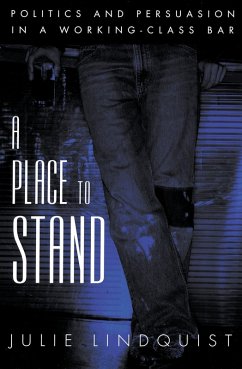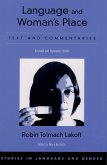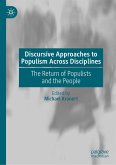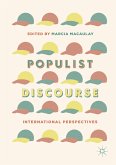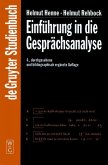Linguists have become increasingly interested in examining how class culture is socially constructed and maintained through spoken language. Julie Lindquist's examination of the linguistic ethnography of a working-class bar in Chicago is an important and original contribution to the field. She examines how regular patrons argue about political issues in order to create a group identity centered around political ideology. She also shows how their political arguments are actually a rhetorical genre, one which creates a delicate balance between group solidarity and individual identity, as well as a tenuous and ambivalent sense of class identity.
Dieser Download kann aus rechtlichen Gründen nur mit Rechnungsadresse in A, B, BG, CY, CZ, D, DK, EW, E, FIN, F, GR, HR, H, IRL, I, LT, L, LR, M, NL, PL, P, R, S, SLO, SK ausgeliefert werden.

